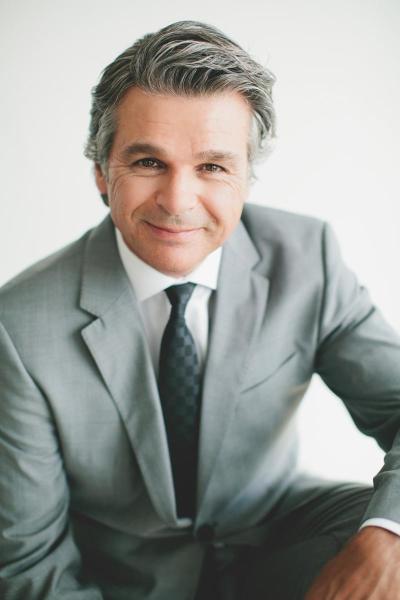'Cancel culture' is problematic. Do this instead...

There’s no doubt we’re in one of the most tense and complicated eras of modern history. We’re still in the middle of a pandemic, and now, with the tragic deaths of African Americans at the hands of law enforcement, Americans are waking up to the startling reality that racism is still alive and well within many facets of our country.
Right now there are a lot of people to be angry at for the way they’ve treated others. And there are also a lot of people expressing opinions on today’s hot-button issues that will drive us insane.
So here we are, inundated with news of injustice, and inundated with less-than-stellar ideas of how to deal with it all. This leaves us with an important question we all need to find an answer to: How do we respond?
I’ve wrestled with this very question myself.
An appropriate response is key to bringing health and healing to our wounded brothers and sisters. If our response is poor, it will only add fuel to the fire.
First of all, it is good and righteous to publicly praise those who do good. Everyone should use whatever platform they have to highlight examples of healing, kindness, and the acts of good Samaritans — wherever they’re found.
We also shouldn’t just condemn what’s bad. We ought to give credit where credit is due.
But where I see the dialogue gone completely off the rails is in the knee-jerk reaction to publicly shame and silence those who make a mistake or those who don’t share the same convictions we do. “Cancel culture,” as this is now famously referred to, is a dangerous road to travel down — not simply because we live in a free country, but because it doesn’t accomplish what “canceling” sets out to achieve.
Our time would be better spent engaging with one another and persuading one another to join our cause. Driving a wedge between those we perceive in error makes it harder for them to see the light.
Even if someone says or does something obviously wrong, we have to maintain a posture of restoration. We have to believe the best, and that hearts and minds can indeed change. It’s time we give others the “benefit of doubt” again. If someone fails, and you immediately dismiss them as wrong forever and irredeemable, well, that produces a hopeless world that none of us want to live in.
I, like the vast majority of Americans, believe we can build a more inclusive and less prejudiced society. But if we don’t make any room for repentance, forgiveness, and a fresh start for anyone, we’re bound to find everyone canceled for one reason or another. None of us are without blemish.
Actually, at the heart of “cancel culture” is a kind of self-righteousness. If your day is spent exclusively shaming those who do wrong, your goal is not restoration — it's for cementing division.
Rather, spend more time gently and gracefully leading others to see the world through your eyes. And, remember, guilt and shame are ineffective as motivating change in the first place.
As I was taught growing up, it’s sometimes better to light a candle than to just keep cursing the darkness. Or, as the Apostle Paul put it in the Book of Romans, “Do not be overcome by evil, but overcome evil with good.”
When Jesus was being arrested, his disciple Simon Peter took his sword and cut off the ear of one of the guards attempting to arrest Jesus. But Jesus rebuked Peter for what he had done, even though Peter knew Jesus was facing injustice.
The point I’m trying to illustrate here is that you may be right in principle, but wrong in attitude and in spirit. To be kind is to be holy.
I also know that it's God's kindness that leads us to repentance. He forgives me and restores me each and every time I fail. And we all need to afford everyone else that same grace, especially during these tenuous times.
Pastor Jentezen Franklin is the Senior Pastor of Free Chapel, a multi campus church. Each week his television program Kingdom Connection is broadcast on major networks all over the world. A New York Times best-selling author, Jentezen has written ten books including his most recent Acres of Diamonds, along with Love Like You’ve Never Been Hurt, Fasting, and Right People-Right Place-Right Plan .





















